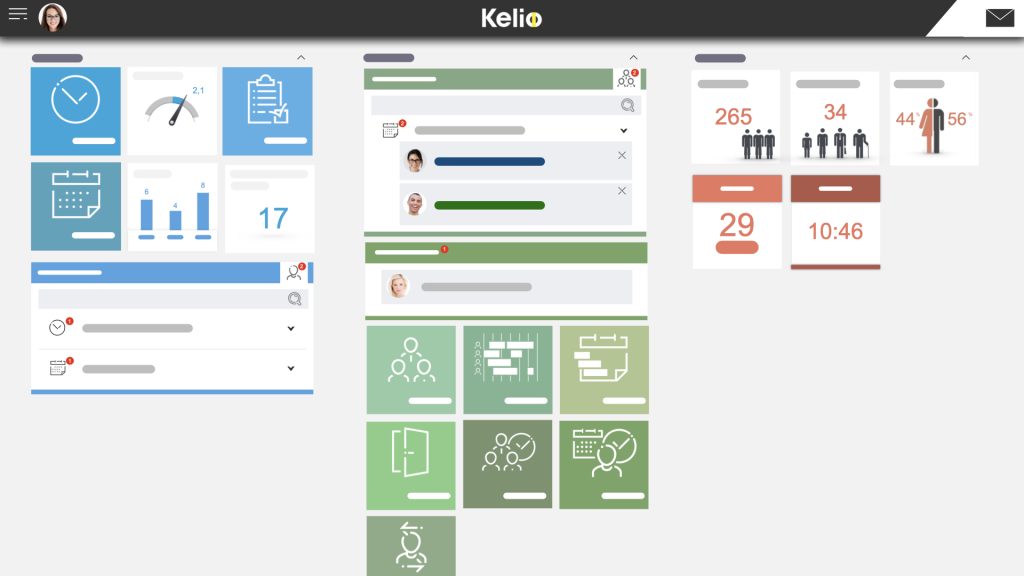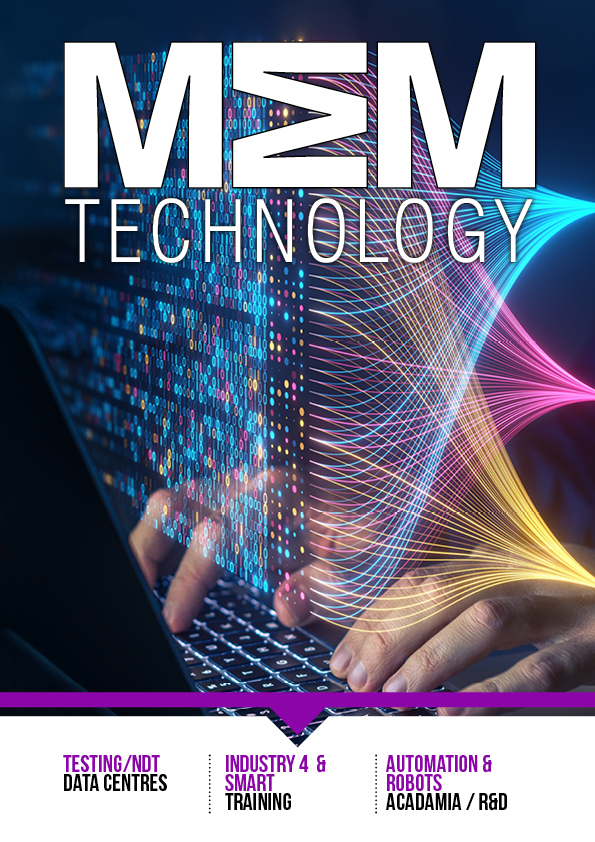Activity tracking consists of monitoring and analysing the number of hours worked by employees as well as the type of work, and is a key issue related to keeping track of productivity or cost pricing. How can activity monitoring be carried out? What tools are available to companies to support it?
To have an effective company-wide structure in place, several indicators need to be in place, including: the number of hours worked, the tasks performed, the names of the clients for whom a project has been delivered, and whether it is carried out individually, in teams, or both.
During your employee’s annual appraisal interview, having this activity tracking data to hand allows you to discuss work carried out based on data-driven evidence. This makes accurate tracking an invaluable HR tool and enables HR managers to be better equipped with appropriate areas for development.
In most companies, monitoring the hours worked on specific activities is carried out via “homemade” forms or Excel spreadsheets, which are then validated by the line manager before being recorded. This can be timely and incur many mistakes. Accurate tracking allows data to be collected that can be broken down and measured as follows:
- Human resources data: time spent on the project, overall working time, rest days
- Quantitative data: quantities produced, working time per day per activity
- Financial data: cost per employee, cost per activity
The analysis of this data allows the company to highlight areas for improvement, while enabling invoicing for customers or drawing up employee payslips (including overtime worked). It is possible to automate activity monitoring with Kelio’s Time and Attendance management. Data that can be extracted includes:
- Customised configuration according to the operation of the company
- Detailed timesheets (time slots or tasks, projects, or clients)
- Validation notifications for managers
- Filtered timetable dashboards and budget data (employees, projects, clients)
- Creation of customised reports
- Exported data
One of the main challenges with activity tracking is to improve the team performance. However, it is also a great way to manage projects; tracking them and keeping informed about progress. The use of Kelio’s dedicated activity monitoring software has multiple advantages in terms of management, human resources, accounting and finance.
When planning for your workforce, Kelio’s planning software enables you to make changes quickly, updating as the project unfolds. Hours can be logged for different activities, saving time with admin.

Many manufacturing companies require varied scheduling on unusual timetables, which can be difficult to keep track of. Kelio enable you to schedule for different lengths of time, for example 90 weeks, and on a repeat cycle of, for example 20 weeks, making even complicated projects easily manageable.
Employee information is all stored, including certification, skills and languages. Using this data, activities can be automatically planned based on the skills, saving time and ensuring reliability: the software even flags up if an employee would work more hours than they are contractually allowed. Combined with our clocking in functionality, all of this information is fed back to create reports and prepare for payroll.
Start improving efficiency and accuracy of your activity tracking with Kelio’s easy to use Workforce Management Solution!
Contact the team on enquiries@kelio.co.uk or call 01442 418800.
Manufacturing & Engineering Magazine | The Home of Manufacturing Industry News















